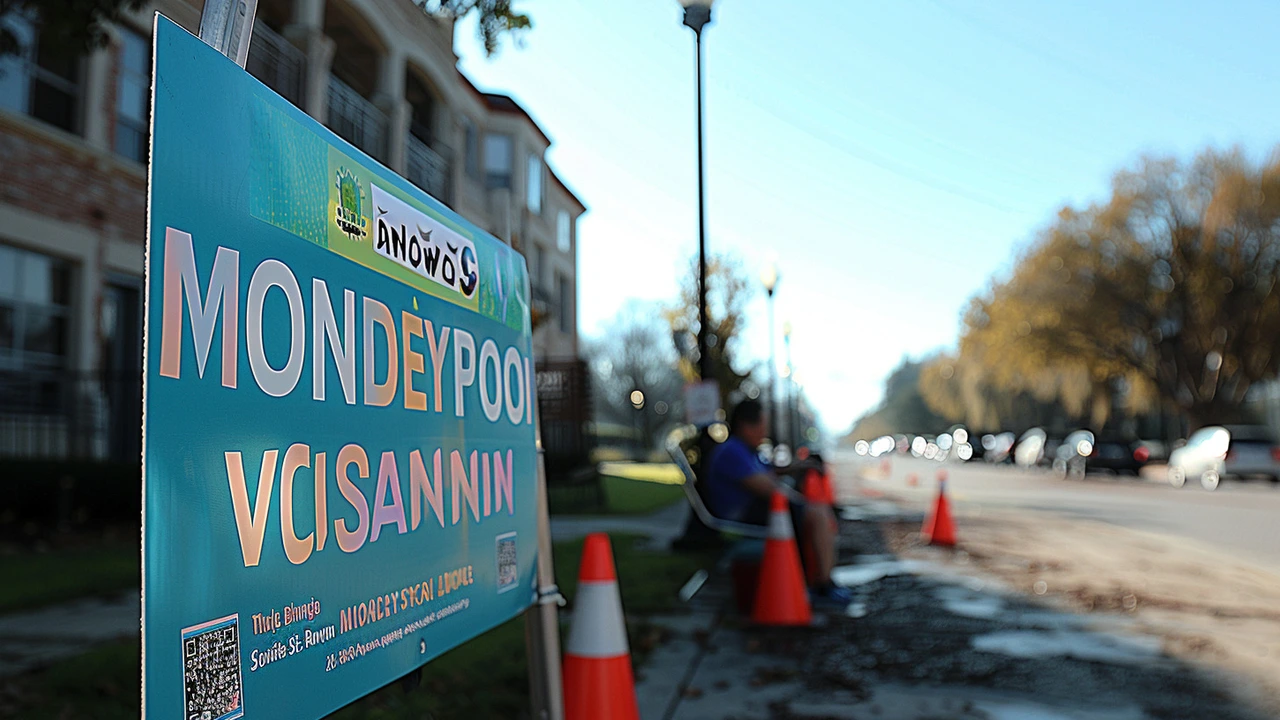Viral Illness: Symptoms, Prevention & When to Seek Care
Viral illnesses are everywhere — from the common cold to seasonal flu and stomach bugs. Most are mild and clear up on their own, but knowing the signs and what to do helps you recover faster and keeps others safe.
Typical symptoms include fever, cough, sore throat, runny nose, body aches, headache, tiredness, and sometimes nausea or diarrhea. Symptoms vary by virus. For example, respiratory viruses often cause cough and congestion, while norovirus causes vomiting and diarrhea. Pay attention to sudden changes in breathing or mental alertness — those are red flags.
Common viruses you might meet: rhinovirus (common cold), influenza (flu), RSV, COVID-19, norovirus (stomach flu), dengue and measles in areas where they still circulate. Vaccines exist for some — flu, COVID-19, measles — and they reduce severe illness and spread.
How to prevent viral illnesses
Prevention is simple and effective. Wash your hands with soap and water for 20 seconds, especially after being in public or caring for someone sick. Use alcohol-based hand sanitiser when soap isn’t available. Avoid close contact with sick people and stay home when you’re unwell. Wear a mask in crowded indoor spaces during outbreaks or if you’re high risk.
Keep rooms ventilated — open a window or use a fan. Clean high-touch surfaces like door handles and phones regularly. Don’t share utensils, cups or towels when someone is sick. If vaccines are available, get them on schedule. These steps cut down the chances of catching or spreading viruses.
When to treat at home — and when to see a doctor
Most mild viral infections can be managed at home. Rest, drink plenty of fluids, and eat light, nutritious food. Use paracetamol or ibuprofen to control fever and ease aches (follow dosing instructions). For sore throats and coughs, honey (for adults and children over 1) and warm drinks can help. Avoid antibiotics — they don’t work against viruses.
Seek medical care if you have: trouble breathing, chest pain, very high fever, signs of dehydration (dry mouth, little urine), confusion, persistent vomiting, or symptoms that suddenly worsen. Infants under 3 months, elderly people, pregnant women, and people with weakened immune systems should get prompt medical advice at the first warning sign.
During local outbreaks, follow public health advice. Check updates from health departments or trusted news sources about vaccination drives, travel warnings, or school closures. If you work in healthcare or care for vulnerable people, take extra precautions to prevent bringing infections home.
Quick checklist to act on now: wash hands often, stay home if sick, get vaccinated where available, ventilate indoor spaces, and contact a clinic for severe symptoms. Small, consistent steps protect you and those around you from most viral illnesses.

South Africa Faces Rising Concerns with Second Mpox Death in a Week
South Africa's health ministry reports a second mpox death this week. A 38-year-old man from KwaZulu-Natal succumbed to the disease, making it the second fatality in a week. The total number of cases has risen to six, all severe. Efforts include rapid deployment of Tecovirimat treatment to combat a potential outbreak.